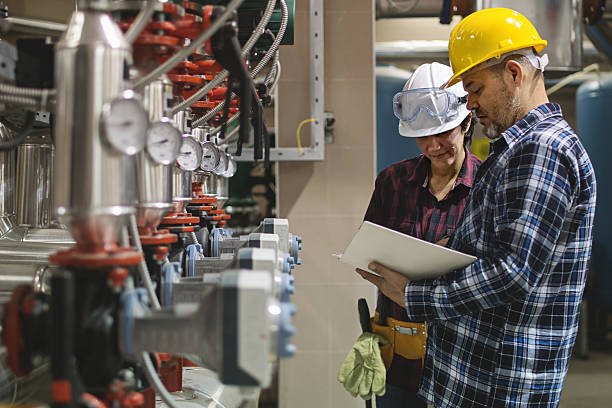Comprehensive HVAC Design Training: Principles, Practices, Efficiency
Learn to create energy-efficient, sustainable systems while ensuring optimal performance and compliance with building codes
Practical Design
Interactive Learning Sessions
Hands-on Experience with Real-World Projects
Why this course?
Master HVAC Design: Gain a strong understanding of HVAC principles and hands-on design skills, no prior experience required
Practical Application: Learn through real-world case studies and hands-on projects that will help you apply HVAC design principles to actual building systems, ensuring you’re ready for the job market.

Who can join?
Open to All Educational Backgrounds: This course welcomes graduates and diploma holders from any field, with no prior HVAC experience required, making it accessible to a broad range of individuals.
Flexible Learning Options: Whether you prefer online or in-person learning, our course offers flexible options that suit your schedule and learning style, making it easy to balance with your professional.
Course Blueprint
Introduction to HVAC Design
HVAC systems are fundamental for heating, ventilation, and air conditioning, ensuring indoor comfort and air quality. These systems regulate temperature and airflow, creating a controlled environment. They are crucial in both residential and commercial buildings. Proper HVAC design promotes energy efficiency and maintains a healthy living or working space.
HVAC System Types and Functions
HVAC systems come in various types, including window units, split systems, and central systems, each designed for different building sizes and needs. Window units are ideal for small spaces, while split systems offer flexibility for medium-sized buildings. Central HVAC systems are best for larger buildings requiring consistent temperature control. Each system operates differently, with specific use cases for residential, commercial, and industrial environments.
Designing HVAC Systems: Principles and Calculations
Gain essential knowledge of HVAC design by understanding basic principles for properly sizing and placing systems to ensure energy efficiency. Learn how to perform load calculations based on building size, layout, and usage. This ensures that HVAC systems are designed to meet specific heating and cooling needs. Proper design enhances comfort while maximizing energy efficiency and system performance.
Professional Roles in HVAC Design
HVAC System Specialist
HVAC Technician
Indoor Air Quality (IAQ) Specialist
HVAC Estimator
Energy Efficiency Consultant
Contact Us
We’re here to assist you and make your learning journey smooth and straightforward. If you have any questions about the HVAC Design Course, need help with enrollment, or just want to know more about our offerings, we’re available through several communication channels. Our team is ready to provide the answers you need to make an informed decision.
General Inquiries
For general course-related questions, course content, and any other inquiries, feel free to contact our support team. We’re happy to assist you
